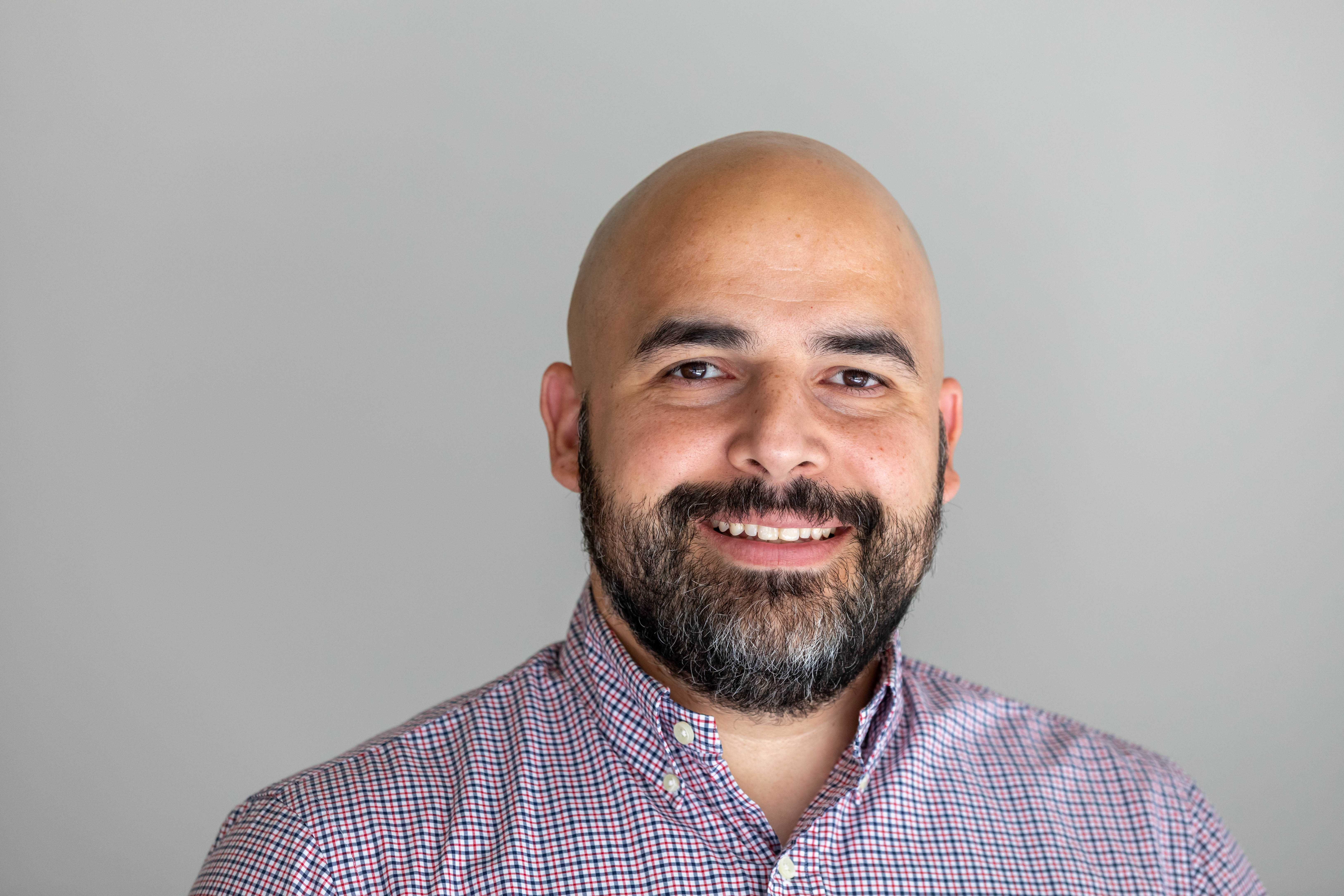
Joseph A. Pacheco, assistant professor, department of community and global health in the College of Health (COH), has received a grant from the National Council on Problem Gambling (NCPG) to study the intersection of gambling and smoking addictions among Native Americans in tribal casinos. The study, entitled “Betting on Traditions, Winning Against Addiction” focuses on the integration of traditional healing practices and the adverse health outcomes associated with gambling and smoking among this population.
Pacheco is a community-based participatory researcher with extensive experience working in public health with Indigenous communities. His research interests include healthy indoor environments and smoking cessation among Native Americans. As an Indigenous person, his research goals are to find ways to reduce Indigenous health inequities and address the many social impediments to health that exist in Indigenous communities throughout the Americas.
According to Pacheco, gambling and smoking are co-occurring addictions, and researchers have found that it is important to treat multiple addictions at once. He adds that Native Americans have the highest rates of tobacco use among all ethnic groups.
“Tobacco has deep spiritual and ceremonial significance in many American Indian cultures, but gambling does not share that traditional role,” he said. “Across all racial and ethnic groups, those who are most vulnerable often see gambling as a way out of hardship. The more challenges a person faces, the higher the risk of addiction—for example substances or gambling. Addressing these issues requires culturally informed approaches that recognize both the strengths and struggles within our communities.”
Pacheco collaborates with other Native researchers on this project including Christina Pacheco, JD, MPH, an assistant professor in the department of family medicine and community health at the University of Kansas Medical Center; and Clinton Isham, a nationally recognized advocate for tobacco control and smoke-free tribal environments. Lehigh University’s Jason Hale, Senior Research Scientist and Head of Community Outreach for the Institute for Indigenous Studies, is a Co-Investigator.
For this study, Pacheco and his team will implement a comprehensive, community-driven approach that emphasizes collaboration with tribal leaders and community members. As a part of the study, they are conducting surveys with Native Americans to better understand gambling addictions, working in partnership with the American Indian Health Research and Education Alliance (AIHREA). Additionally, they are interviewing tribal elders to gain deeper insights into the cultural context of gambling and how to address addictions.
Using this data, Pacheco plans to co-develop culturally tailored educational materials that address both gambling and smoking addiction simultaneously. “Our goal is to provide community members with the help they need for gambling addiction while supporting them in reducing or quitting smoking—because that is the single best thing anyone could do for their health,” he explained.
The research team is working efficiently to complete the study by November 2025. Looking ahead, they hope to secure additional funding to expand the project, collaborating more extensively with tribal governments to have a deeper understanding of gambling and tobacco use within Native communities and to connect individuals with appropriate resources.
While there has been a growing movement to make tribal casinos smoke-free, Pacheco aims to address gambling and tobacco-related challenges in a way that supports community well-being without negatively impacting casinos’ revenue, he explained.